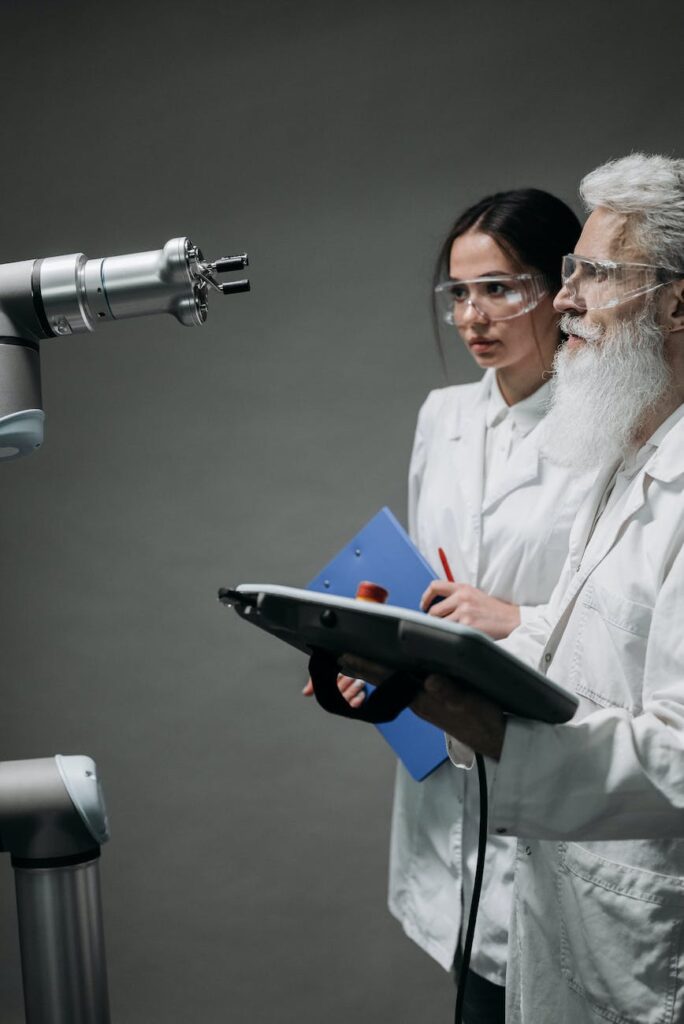Artificial intelligence (AI) has the potential to revolutionize the healthcare industry and improve the way we diagnose and treat patients. In recent years, there have been significant advances in AI technology, and it is now being used in a variety of healthcare applications, from analyzing medical images to predicting patient outcomes.
One of the main benefits of AI in healthcare is its ability to analyze and process large amounts of data quickly and accurately. In the past, analyzing data manually was a time-consuming and error-prone process, but with AI, it is possible to analyze vast amounts of data in a matter of seconds. This can be particularly useful in areas such as genomics, where there is a vast amount of data that needs to be analyzed to understand the genetic basis of diseases and develop personalized treatments.
AI can also be used to predict patient outcomes and identify potential health risks. For example, machine learning algorithms can be trained to analyze patient data and predict the likelihood of a patient developing a particular condition or disease. This can help healthcare providers to intervene early and prevent the development of serious health problems.
Another important role of AI in healthcare is in the diagnosis and treatment of diseases. Machine learning algorithms can be trained to recognize patterns in medical images that may be indicative of certain conditions, such as cancer. This can help to improve the accuracy of diagnoses and enable healthcare providers to develop personalized treatment plans for their patients.
In addition to improving the accuracy and efficiency of healthcare, AI also has the potential to increase access to healthcare for underserved populations. For example, telemedicine applications can use AI to connect patients with healthcare providers remotely, allowing patients in rural or underserved areas to receive the care they need.
Overall, the role of AI in healthcare is significant and growing. It has the potential to improve the accuracy and efficiency of healthcare, predict patient outcomes, and increase access to care. While there are certainly challenges to overcome, such as the potential for bias in machine learning algorithms and concerns about job displacement, the potential benefits of AI in healthcare are clear. By embracing AI and finding ways to work alongside it, we can create a brighter and healthier future for all.



